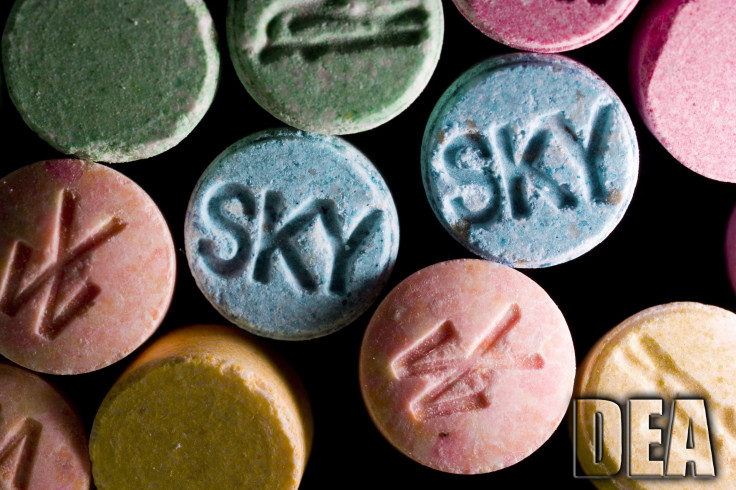Ecstasy Being Studied As Anti-Anxiety Medicine For Terminally Ill And Autistic Patients

Scientists in California are set to carry out the first study on the role of the illegal psychoactive drug Ecstasy in reducing social anxiety among autistic adults and terminally ill patients. Earlier, less rigorous studies have shown that consumption of MDMA -- the active ingredient in the party drug known colloquially as “Molly” in the U.S. -- can boost confidence, heighten bonding and increase understanding of social cues.
“As in the case with classic hallucinogens and other psychedelic drugs, MDMA catalyzes shifts toward openness and introspection that do not require ongoing administration to achieve lasting benefits,” the researchers said, in a review published in the journal Progress in Neuro-Psychopharmacology & Biological Psychiatry.
According to the National Institute on Drug Abuse -- a U.S. government research institute -- Ecstasy “is currently in clinical trials as a possible pharmacotherapy aid to treat post-traumatic stress disorder (PTSD) and anxiety in terminal cancer patients.”
The street drug gained infamy in the late 1970s and 1980s as the drug that fuelled all-night rave parties, prompting its ban under federal law for decades. However, its controlled consumption can be potentially beneficial for people suffering from debilitating diseases like autism, which can present a range of difficulties related to social interactions, and for gravely ill patients caught in the grips of depression, fear and anxiety.
“We're not looking to affect any of the course or trace of autism,” lead researcher Alicia Danforth from the Los Angeles Biomedical Research Institute, told Daily News. “We're looking to help individuals who are sometimes held back from living life to the fullest.”
For the purpose of this double-blind study, 12 subjects would be divided into two groups, with one group of eight subjects receiving MDMA and the control group of four subjects receiving an inactive placebo. All the subjects would undergo two separate treatment sessions, spaced approximately one month apart, and the results of the study are expected within 12 to 15 months.
“Informed understanding of the facts about MDMA, a psychotherapeutic compound known to enhance prosocial behaviors, is as relevant to clinicians, researchers, the public, and policymakers now as in any earlier point in its history,” the researchers said, in the review.
© Copyright IBTimes 2025. All rights reserved.






















